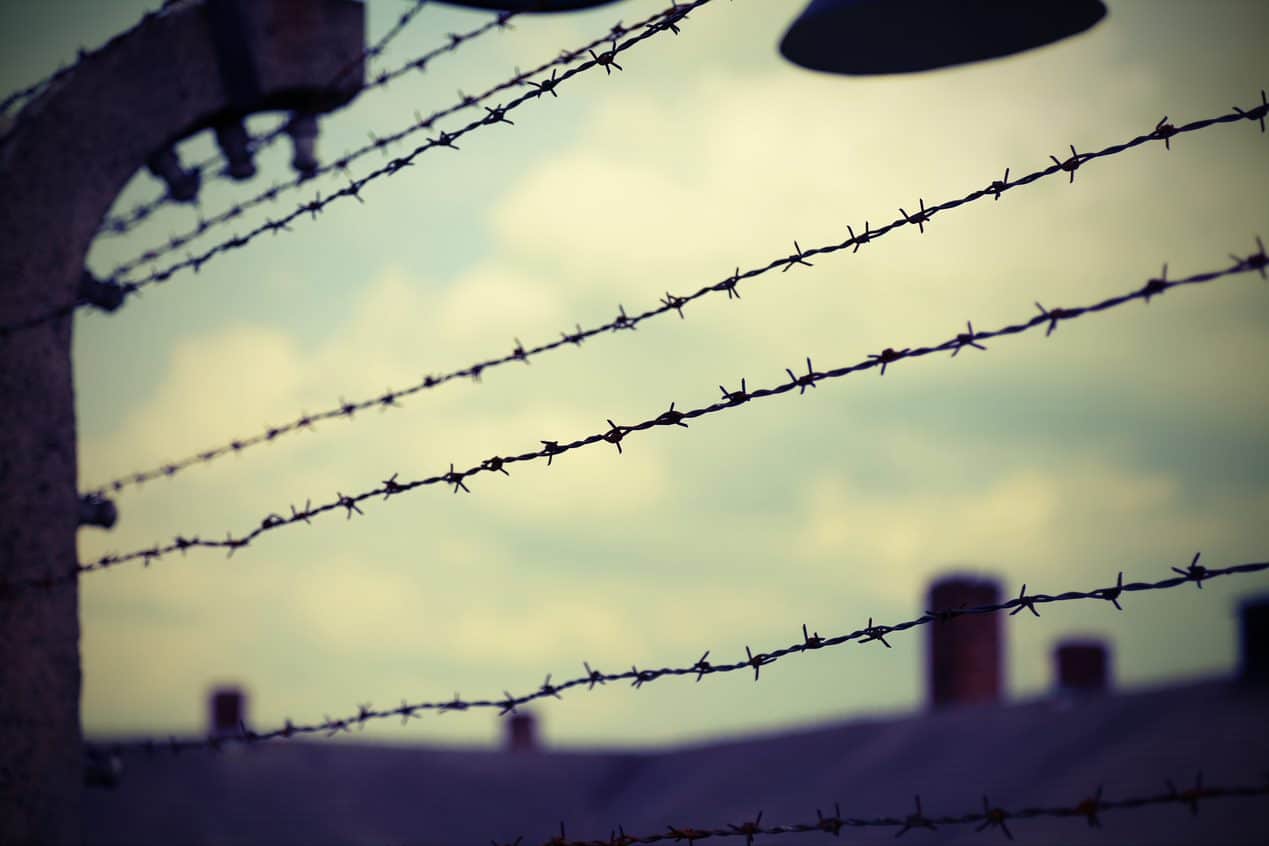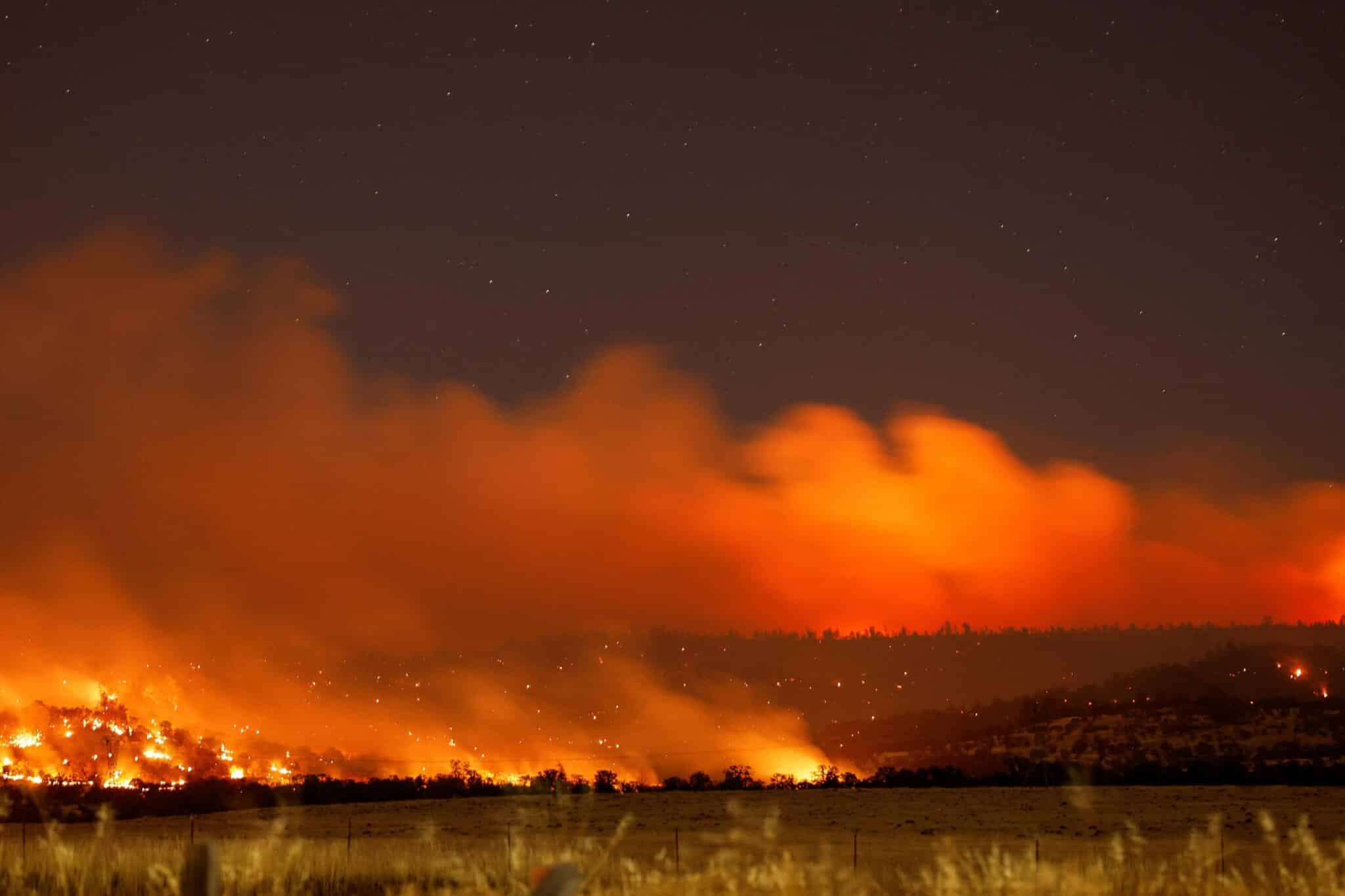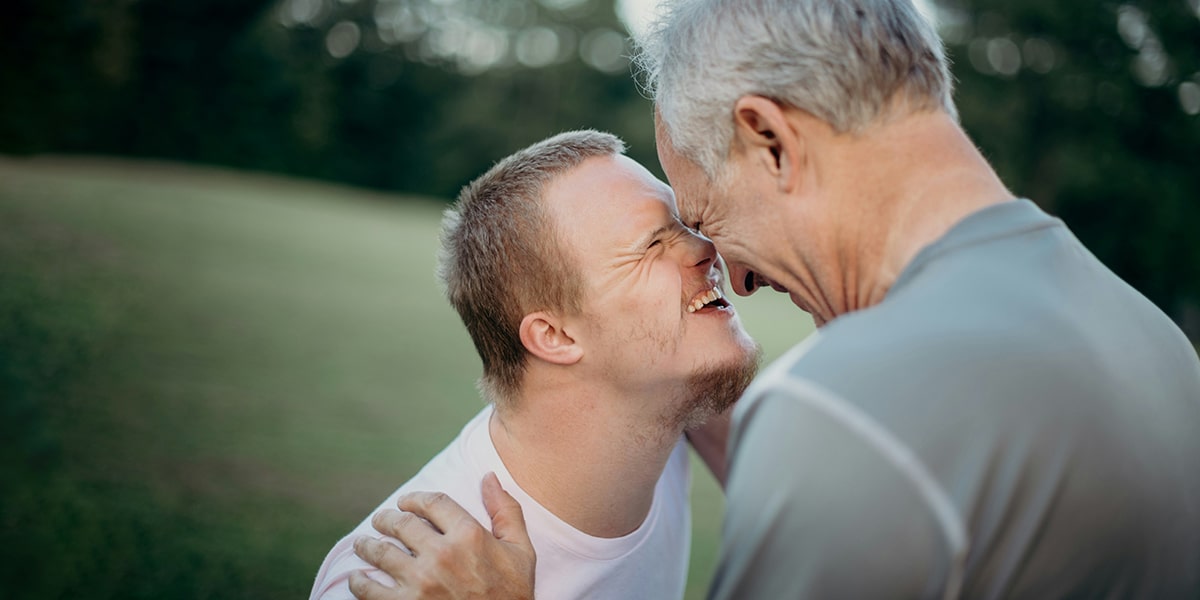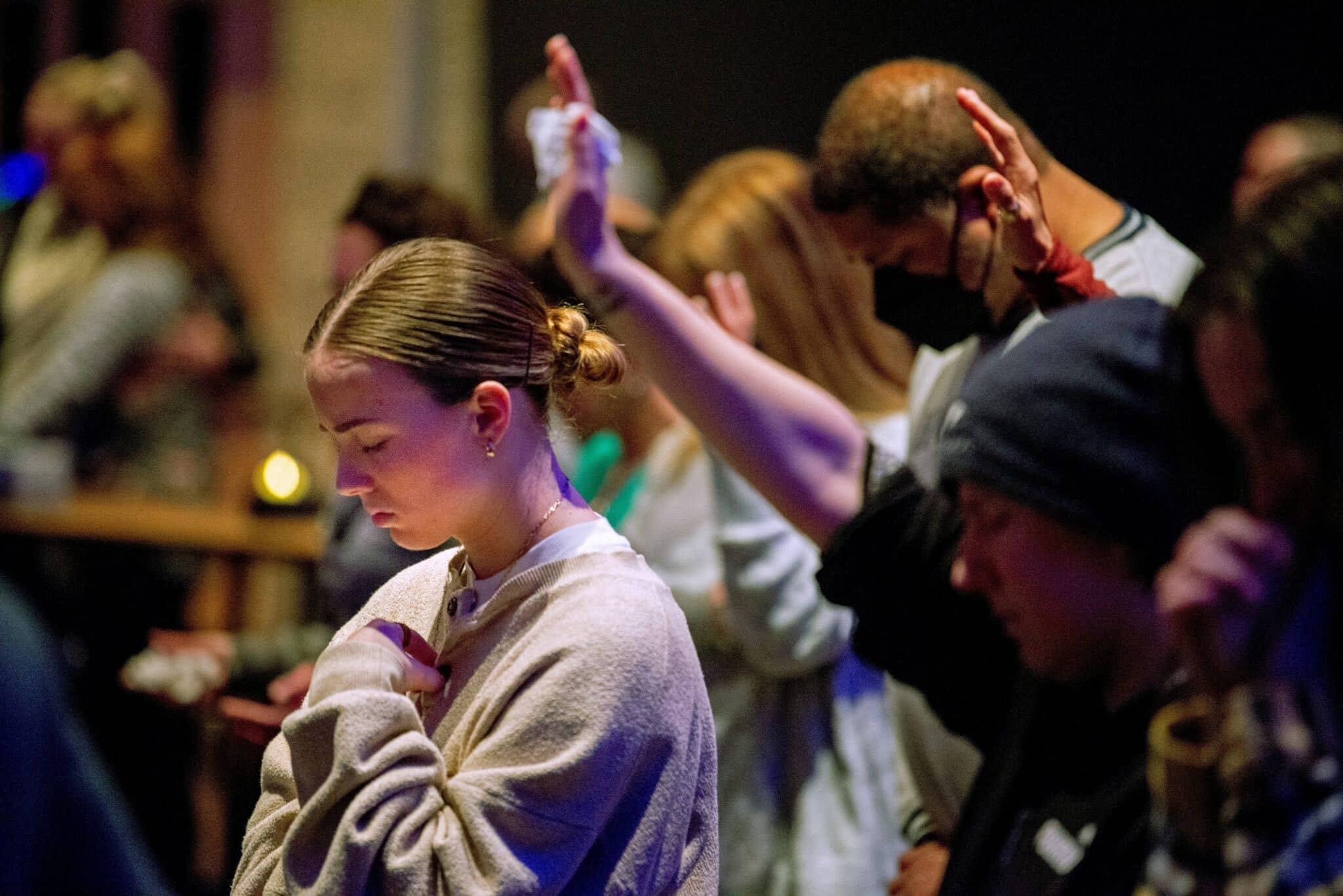Anytime someone asks me what I do for a living, I tell them I’m a storyteller. Sure, I have a more formal title than that, but telling stories is what drives everything I do. I’m a firm believer that everyone has a unique and important story to tell. Those stories connect us and can teach us. Unfortunately, we sometimes become so insulated in our own lives that we fail to hear other people’s stories and the lessons they can teach us.
I thought about that a few months ago when I attended an event hosted by my daughter Riley’s eighth-grade class. The event was the culmination of a yearlong project the grade had been working on about the Holocaust. They had read and discussed Elie Wiesel’s book Night, visited local museum exhibits on the subject, and, finally, completed a report on both an individual who was directly affected by the Holocaust whom they had chosen and someone the students knew who had faced a situation where they had to stand up for justice.
The entire project was amazing. The most powerful part, though, was the guest speaker the students’ teacher had lined up for that day. Conrad Weiner is a survivor of and a witness to the Holocaust. That day, at a Catholic grade school on the west side of Cincinnati, he took everything the students had learned and put a face to it.
A Harrowing Story
When Conrad was very young, he spent four years in a concentration camp in Romania. His memories, he says, are that he “was always hungry and cold, and that people were dying every day. ” His mother, he says, saved his life in the camp. His stories of the experience are chilling and disturbing. Many of his other memories are ones that his mother and other family members would recount each Friday night after Shabbat dinner. His mother would remind him: “Do not forget. ”
Conrad says he began telling his story about 13 years ago when he was working as a substitute teacher. During a history class on World War II, a high school student, who knew that Conrad was from Europe, asked if he had met Hitler. Conrad says he told the student that not only was Europe a rather large area, he and Hitler also didn’t exactly run in the same social circles.
When the boy asked what Conrad did during the war, he told the student that he had spent four years in a concentration camp. The student asked Conrad, “What were you concentrating on? ” That interaction prompted Conrad to share his story with others “in an attempt to educate the last generation to see a survivor. ”
Never Forget
After his talk, I asked what he wanted people to always remember about the Holocaust. He said, “The Holocaust was made possible by indifference and hate. The international community remained passive for too long, and it is unfortunate that we did not learn from this calamity. The killing of innocent adults and children continues to this day. ”
What are their stories? I wondered. One look at the faces of those students and others in attendance that day told me that there are so many stories we need to hear, yet haven’t. We must seek them out, listen to them, and share them. Because everyone’s story deserves to be told.








